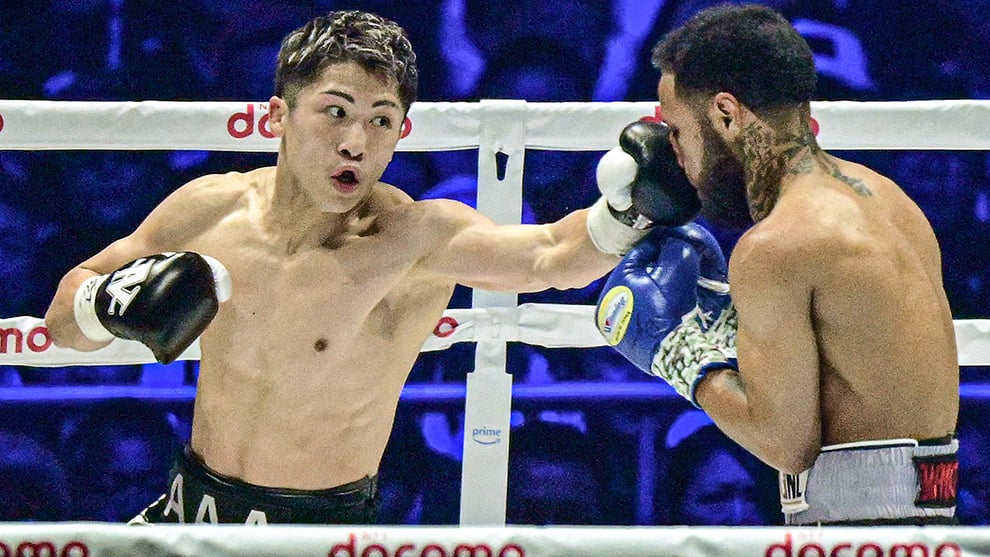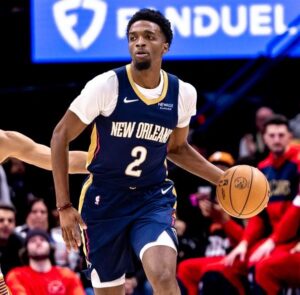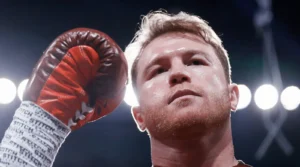By Mark Butcher – Boxing News Editor
NOT since a cinematic Godzilla rose from the oceans has Japan housed a more widely admired ‘Monster’.
A world champion for the best part of a decade, the great Naoya Inoue has etched his name into his country’s sporting folklore and spearheaded an exciting new wave of Japanese talent.
When the Japan Boxing Association launched a national Under-15 championship in 2008 (now called the Junior Champion League), it sparked a seismic shift in the country’s fighting fortunes with the event proving a launchpad for the pro stars of tomorrow.
Inoue was an inaugural winner at that tournament 16 years ago and, for those keen eyes watching, it was apparent that Japan had someone special, a phenomenon, on their hands.
“I was so surprised to see his splendid jab,” Japanese fight aficionado Kazuji Ishida, in attendance, told me later in 2015. “He was totally unusual from the other fighters of that time. He is undoubtedly the biggest hope in Japanese boxing history.”
Those last few words proved prophetic with Inoue (27-0, 24 KOs) now the undisputed king at 122lbs and an unbeaten, four-weight champion. Barely missing a beat, this ice cool fighting machine has wiped out all opposition at elite level – 16 KOs in his last 17 world title fights is a simply astonishing statistic.
Part of that original championship blueprint in 2008, many have followed Inoue’s pathway to the top tier. Japan currently boasts seven world title holders – including all four claimants at 118lbs – with only America (11) and Mexico (8) ranking ahead. There would be even more Japanese champions but strawweight brothers Ginjiro Shigeoka and Yudai Shigeoka plus four-weight king Kazuto Ioka forfeited their titles in upsets earlier this year.
Japan’s boxing culture is very different from the established model over here. There is no stat padding. Fighters in Japan don’t shirk challenges or shield their ‘0’ like a protective Gollum. A loss is not viewed as a career obituary if fought in the right spirit.
In August 2015, with a nod to legendary movie director Akira Kurasawa, I highlighted the ‘Seven Samurai’ of Japanese boxing for Boxing Monthly. Back then I said of an 8-0, 7 KOs, Inoue. “The aptly nicknamed ‘Monster’ is arguably the best young fighter in boxing today. Inoue should have been named the 2014 ‘fighter of the year’ yet his crushing win over [Omar] Narvaez happened on New Year’s Eve when Terence Crawford had already been proclaimed by the US media.”
Almost a decade later and Inoue and Crawford are still jostling for supremacy, but now in the fictional pound-for-pound list.
Nine years ago, I also highlighted four stars to watch and two are world champions today in Takuma Inoue and Kenshiro Teraji. Naoya’s younger brother Takuma (20-1, 5 KOs) has carved out a creditable career on his own terms. Not blessed with the same power as his elder sibling, but skilful and methodical, WBA bantamweight king Takuma has nonetheless become a solid world champion in his own right.
Having won 14 world title fights in two WBC title reigns at light-flyweight, Teraji (23-1, 14 KOs) seeks to become a two-division champion when he meets Cristofer Rosales for the vacant WBC flyweight belt in Tokyo on October 13. Few would back against him.

Takuma Inoue of Japan (L) celebrates his victory over Petch Sor Chitpattana of Thailand after their interim WBC bantamweight title boxing bout in Tokyo on December 30, 2018. (Photo by TOSHIFUMI KITAMURA / AFP) (Photo credit should read TOSHIFUMI KITAMURA/AFP via Getty Images)
But Japan’s next big thing has seemingly already arrived, in the form of three-weight king Junto Nakatani with the WBC bantamweight champion, fresh off a devastating one-round blowout of Vincent Astrolabio in July, already angling for a clash with Inoue that could break boxing in Japan. A scene-setting unification with brother Takuma seems more likely first.
Nakatani (28-0, 21 KOs) is a rangy, yet aggressive southpaw and the leading light among the four Japanese champions at bantamweight. He has the star quality and, crucially size at 5ft 8ins, to rise ever higher in weight.
Four-division champion Kosei Tanaka (20-1, 11 KOs) is still going strong at 29 with a WBO title defence against unbeaten Phumelele Cafu on October 14, the second day of a spectacular, seven world title doubleheader at the Ariake Arena in Tokyo. One day earlier, WBA flyweight champion Seigo Yuri Akui (20-2-1, 11 KOs), who deposed long-reigning champ Artem Dalakian in January, defends his WBA flyweight crown against Thananchai Charunphak and Shokichi Iwata (13-1, 10 KOs) faces Jairo Noriega for the vacant WBO light-flyweight crown.

Japan’s Kosei Tanaka (L) fights against Puerto Rico’s Jonathan Gonzalez (R) during their WBO flyweight title boxing match in Nagoya on August 24, 2019. (Photo by JIJI PRESS / JIJI PRESS / AFP) / Japan OUT (Photo credit should read JIJI PRESS/AFP via Getty Images)
Victories for the aforementioned Teraji and Iwata could see Japan boasting 10 world champions with the other belt holders southpaw bantamweight champions Ryosuke Nishida (IBF) and Yoshiki Takei (WBO). The astutely matched Nishida (9-0, 1 KO) already holds wins over Shohei Omori, Daigo Higa and Emmanuel Rodriguez. The stiff-hitting Takei (9-0, 8 KOs) left kickboxing dominance to dethrone Jason Moloney earlier this year.
There are also a number of exciting prospects following in their wake, including former kickboxing world champion Tenshin Nasukawa (4-0, 2 KOs) – a highly popular 130lbs southpaw who lost that infamous exhibition to a super-sized Floyd Mayweather in 2019 and former world youth champion Yuta Sakai (1-0, 1 KO), also based at Inoue’s Ohashi Gym in Yokohama. The towering Sakai, yet another standout Japanese southpaw, is only 19 with room to grow from bantam and beyond.
When Inoue moves on, other stars will take his place in this illuminating constellation of talent without perhaps quite hitting the same heights, but as they say in Japan, ‘Tomorrow’s winds will blow tomorrow.’






